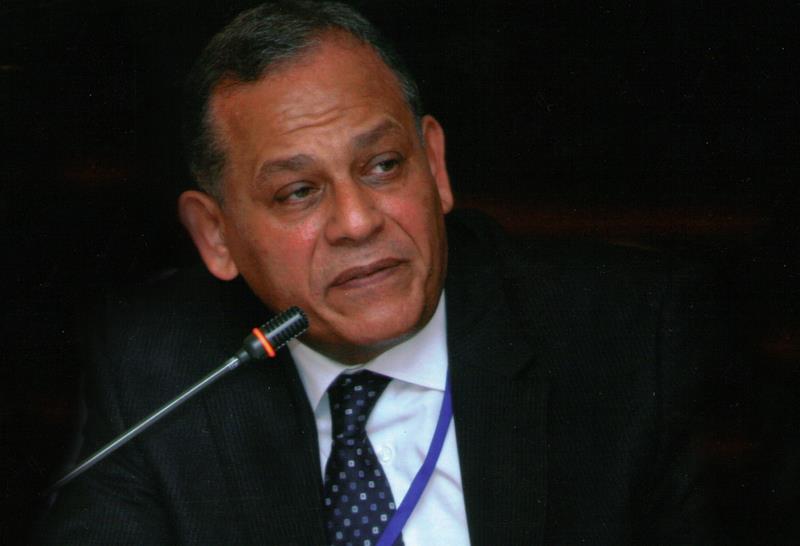Reuters CAIRO: A vision of a new Middle East emerging from the conflict in Lebanon as outlined by U.S. Secretary of State Condoleezza Rice drew ridicule on Monday from mainstream Arab analysts and former Arab diplomats. Several of them said the United States and Israel had little if any chance of achieving their stated goals of disarming the militant group Hizbollah and deploying the Lebanese army or an international buffer force along the Israeli-Lebanese frontier. I think it s preposterous. From the beginning this is a plan that cannot be achieved, former Egyptian Foreign Minister Ahmed Maher told Reuters. In the meantime, by giving the green light to an Israeli offensive which has killed more than 300 civilians and done damage worth billions of dollars, the United States has helped stir up hatred and extremism in a troubled region, they say. Rice said that on her trip to the Middle East, which began on Monday, she would not try to restore the status quo which existed before a Hezbollah raid into Israel this month. What we re seeing here, in a sense, is … the birth pangs of a new Middle East and, whatever we do, we have to be certain that we re pushing forward to the new Middle East, not going back to the old one, she added. Maher, who was also ambassador to Washington for many years, said: In fact what the United States wants to have is a tame Middle East. That s what they call a new Middle East. Mohamed El-Sayed Said, a political analyst who worked in Washington and takes part in civil society meetings with visiting U.S. officials, said he was shocked by the latest twist in U.S. policy toward the region. What kind of Middle East will be born from this destruction? The only new thing we can get is new determination on the part of Hezbollah or the people of Lebanon to resist Israel and cause it as much pain as possible, he said. The Arab analysts drew parallels with the U.S. invasion of Iraq and the U.S. refusal to back an immediate ceasefire in Lebanon, which they said amounted to endorsement of Israel s bombing campaign. Both policies are associated with the neoconservative school of thought in Washington, which holds that Israel is a natural ally of the United States and that preemptive force must be used to defeat threats in the early stages. Juan Cole of the University of Michigan, an expert on Iraq and Shia Islam, said the administration wanted to use the Israeli offensive against Hezbollah as a wedge to convince Syria to give up rejectionism and detach itself from Iran . But he added: Syria is not going to give up its stance toward Israel unless it at the very least gets back the occupied Golan Heights. Hesham Youssef, a close aide to Arab League Secretary General Amr Moussa, said U.S. policy on the Lebanese violence was incoherent because it could not serve U.S. interests. I don t see where the benefit is for the United States, or even to Israel, because Israel has succeeded in creating a whole generation, if not more, of people who would continue to hate Israel much more than they can imagine, he told Reuters. Said, who is also deputy director of the Al Ahram Center for Political and Strategic Studies, said it was out of the question that Hezbollah would go along with the U.S. proposals. Why should they accept such a silly thing? They don t have internal pressure inside Lebanon to accept this … They still have an enormous fighting capability, he said. Emad Gad, an analyst who specializes in the Arab-Israeli conflict at the Al-Ahram Center, said he took the new Middle East to be a retreat from the democratic Middle East Washington said it wanted to a reliance on traditional allied Arab governments. That s because the [old plan] brought Hamas in Palestine, brought a large percentage for the Muslim Brotherhood in Egypt. The peoples in the Arab world now are more radical and more hostile to U.S. policies than the regimes, he said.

